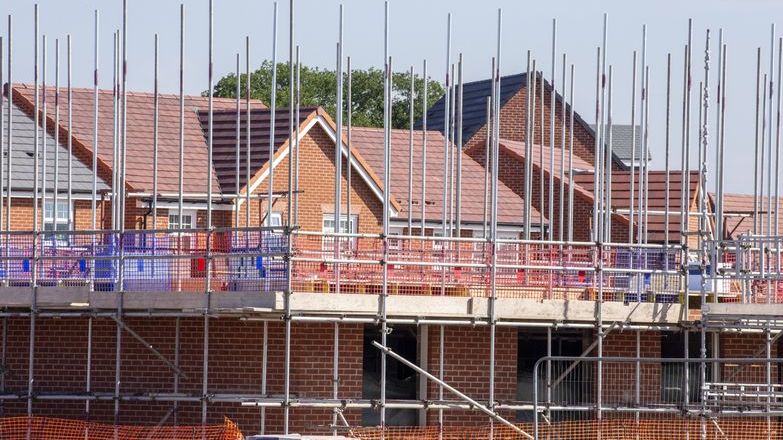
Councils call for local expertise
The LGA expressed its support for the commitment to empower local authorities to build more homes, especially in response to the ongoing National Planning Policy Framework (NPPF) changes. However, planning permission should not be the primary barrier to housebuilding.
This echoes Propertymark’s consistent advocacy for a balanced approach to housing policy, where local expertise is harnessed to deliver homes, that communities need.
According to the LGA, 90% of planning applications despite significant resource and capacity challenges are approved. However, concerns have been raised that mandatory housebuilding targets if not coupled with necessary infrastructure delivery, could undermine local decision-making and lead to speculative developments without appropriate community support.
Key barriers to new home delivery missed in plans for reform
Practical measures to ensure local demand is properly considered and a realistic approach to incentives for developers and landowners are key issues Propertymark members highlighted in the Ministry for Housing, Communities and Local Government (MHCLG) National Planning Policy Framework (NPPF) consultation.
National support and sufficient investment in infrastructure
The LGA’s proposals include calls for government action to revoke unfettered permitted development rights, which currently allow developers to bypass affordable housing and infrastructure contributions, which can lead to substandard homes being built.
Propertymark has consistently argued for higher standards in housing development, and the LGA's recommendations would reinforce efforts to ensure that new homes are affordable and of decent quality.
Brownfield planning policy must promote quality homes
Propertymark is encouraging the UK Government to explore all viable methods of increasing the delivery of homes, however, the approach must not lose sight of the importance of creating decent homes that people want to buy in the places they want to live. In our consultation response to the Department for Levelling Up, Housing and Communities (DLUHC) we suggest improvements to their proposals that will help avoid unintended consequences.
Key LGA recommendations
The UK Government should introduce five-year local housing deals to consolidate funding and provide long-term certainty on social housing delivery which would support the delivery of an additional 200,000 social homes over 30 years.
Strengthen Councils' Housing Revenue Accounts to support business planning for affordable homes. Councils should be allowed to set their planning application fees, helping to alleviate the resource and capacity pressures many planning departments face.
To increase the delivery of affordable homes and support sustainable housing development, the LGA called for Affordable Homes Programme (AHP) grant levels per unit to be reviewed and raised to counter inflationary pressures. Strengthening Housing Revenue Accounts with a 10-year rent settlement, and compensating for revenue lost to rent caps, are measures they say would provide councils with greater income stability and aid in long-term planning.
The LGA wants to see investment in the Brownfield Land Release Fund and the One Public Estate programs to speed up the release of public land for housing development, focusing on smaller sites, and the expansion of compulsory purchase orders (CPOs).
A more flexible use of the Community Infrastructure Levy could facilitate direct investment into affordable housing, rather than limiting it to preparatory infrastructure projects.







